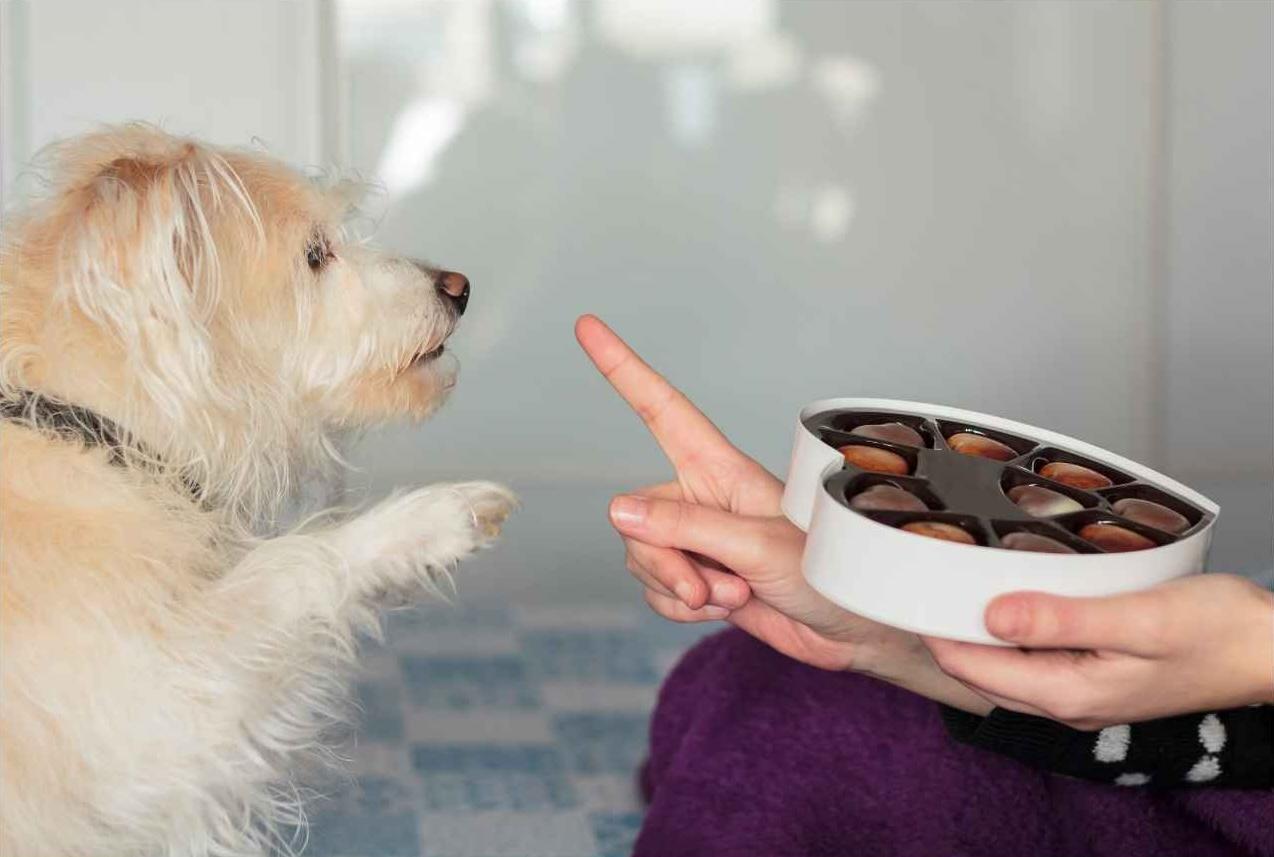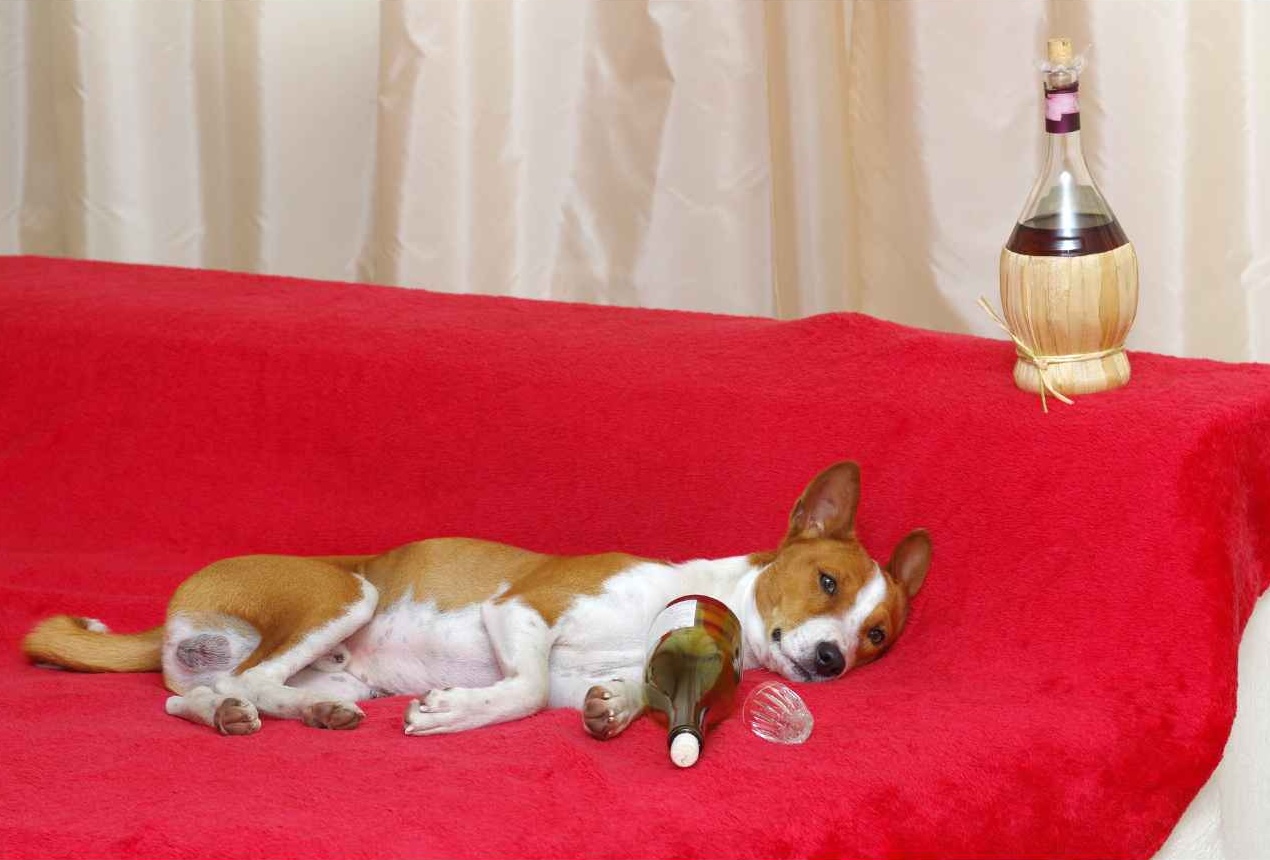
Dangerous Foods Your Dog Should Never Eat
Have you ever wondered what foods might harm your dog's health? As loving pet parents, it's natural to want to share everything with our furry companions, but nutrition isn't an area where we can afford to make a mistake. Knowing what can pose a risk to your dog's well-being can save you heartache and protect your pup.
Dogs, just like humans, can suffer from allergies, stomach issues, and other health complications. A proper understanding of what they should not eat is crucial. Pet sitters also have a vital role in recognizing harmful foods and environments, be it temperature extremes or the dog’s age-related dietary needs.
To ensure your dog's safety, here are some foods to keep away from them:
- Chocolate 🍫
- Grapes and raisins 🍇
- Onions and garlic 🧅🧄
- Alcohol 🍷
- Caffeine ☕️
Maintaining your dog's health starts with you. Stick around as we unpack why these foods are dangerous and how you can keep your furry friend safe and happy.

Common Foods That Are Toxic to Dogs ☣️
As much as we love our furry friends, it's crucial to remember that certain common foods can be dangerous for them. Here are some harmful foods you should never give to your dog to keep their health in check.
Chocolate and Caffeine
Chocolate and caffeine are big no-no's for dogs. Both of these contain substances called methylxanthines, specifically theobromine and caffeine. Dogs metabolize these substances much more slowly than humans, which can lead to severe complications even in small amounts.
When a dog eats chocolate or consumes caffeine, the symptoms might range from mild to severe:
- Vomiting and Diarrhea: Often the first signs.
- Increased Heart Rate: Can progress to abnormal heart rhythms.
- Seizures: Severe cases may lead to seizures and even death.
If you suspect your dog has eaten chocolate, it's crucial to take them to the vet immediately. The vet might induce vomiting if the ingestion was recent.
Onions and Garlic
Onions and garlic, whether cooked, raw, or powdered, can be extremely harmful to your dog's health. Both foods contain compounds called thiosulfate that can damage dogs' red blood cells.
Here's what can happen when a dog eats onions or garlic:
- Hemolytic Anemia: This is where red blood cells burst, decreasing oxygen supply.
- Weakness: Dogs may show signs of fatigue and weakness.
- Pale Gums: Always check your dog's gums; pale gums can be a sign of anemia.
- Elevated Heart Rate and Panting: Due to the reduced oxygen-carrying capacity.
Even small amounts over time can add up and cause damage. Always avoid sharing scraps or leftovers that might contain these ingredients.
Grapes and Raisins
Grapes and raisins are extremely dangerous for dogs. Even a small amount can lead to serious kidney damage. The exact substance in grapes and raisins that causes toxicity is still unknown, but the effects are well documented.
Here are some signs that point to grape or raisin toxicity in dogs:
- Vomiting and Diarrhea: Often occurring within a few hours of ingestion.
- Lethargy: Your dog might seem exhausted or weak.
- Kidney Failure: Signs include a decrease in urination, reluctance to move, and increased thirst.
- Lack of Appetite: Dogs may lose their appetite, an early sign of kidney issues.
There’s no safe amount of grapes or raisins, so it's best to keep both well out of your dog’s reach.
By keeping these harmful foods away from your dog, you’re taking major steps toward ensuring their well-being and happiness. Their wagging tails and joyful barks are worth the extra caution!
FAQ
Here are some specific food-based questions we often see in forums:
Are jalapeños dangerous for dogs?
While jalapeños themselves may not be toxic to dogs, they are not recommended for your canine friend. Spicy foods like jalapeños can cause significant digestive upset in dogs, leading to symptoms such as stomach pain, diarrhea, and vomiting. Additionally, the capsaicin in these peppers, which gives them their heat, can be particularly irritating to a dog's gastrointestinal tract, so it's wise to avoid giving them any spicy foods altogether.
Is baking soda dangerous for dogs?
Absolutely, baking soda can pose a significant risk to your canine companion. While it's a common and versatile household item, when ingested in large amounts, baking soda can lead to electrolyte imbalances and can cause muscle spasms or even heart failure due to its high sodium content. Even small amounts can be harmful, so it's crucial to keep baking soda, as well as baked goods containing it, out of your dog's reach to prevent any accidental ingestion.
Is ginger dangerous for dogs?
While ginger is not considered toxic to dogs and can even offer digestive benefits in small amounts, it's important to be cautious. Excessive consumption of ginger can lead to stomach upset and other digestive issues in canines. As with any human food, it should be given in moderation, and it's always best to consult with your veterinarian before introducing new foods into your dog's diet.
Is bread dangerous for dogs?
While bread itself isn't necessarily dangerous for dogs in small quantities, certain types of bread can pose risks. For example, bread dough can be particularly hazardous as it can expand in a dog's stomach, leading to bloating and potentially life-threatening torsion. Additionally, breads containing garlic, onions, or raisins should be avoided entirely, as these ingredients are toxic to dogs and can cause serious health problems. Always ensure that any bread you give to your dog is plain and free from potentially harmful additives.
Is lime dangerous for dogs? (or other citruses)
While not all citrus fruits are outright toxic to dogs, it's generally best to avoid giving them to your canine companion. Lime, along with lemons, oranges, and grapefruits, contains citric acid and oils that can cause gastrointestinal upset in dogs. In larger quantities, these fruits could potentially lead to more serious issues, such as central nervous system depression. Therefore, it's wise to keep your furry friend away from citrus fruits to ensure their health and well-being.
Are tomatoes dangerous for dogs?
Tomatoes, while not as toxic as some other foods, can still pose a risk to dogs, particularly if they consume large amounts or the green parts of the tomato plant, which contain solanine. Solanine is a substance that can cause gastrointestinal distress, lethargy, weakness, and confusion in dogs. To keep your canine companion safe, it's best to avoid feeding them tomatoes, especially unripe ones or any part of the plant, including leaves and stems.
 Fabio hanging out with some healthy shiba inus in San Diego 😎
Fabio hanging out with some healthy shiba inus in San Diego 😎
For more nutritional info for dogs, check out our other posts:
